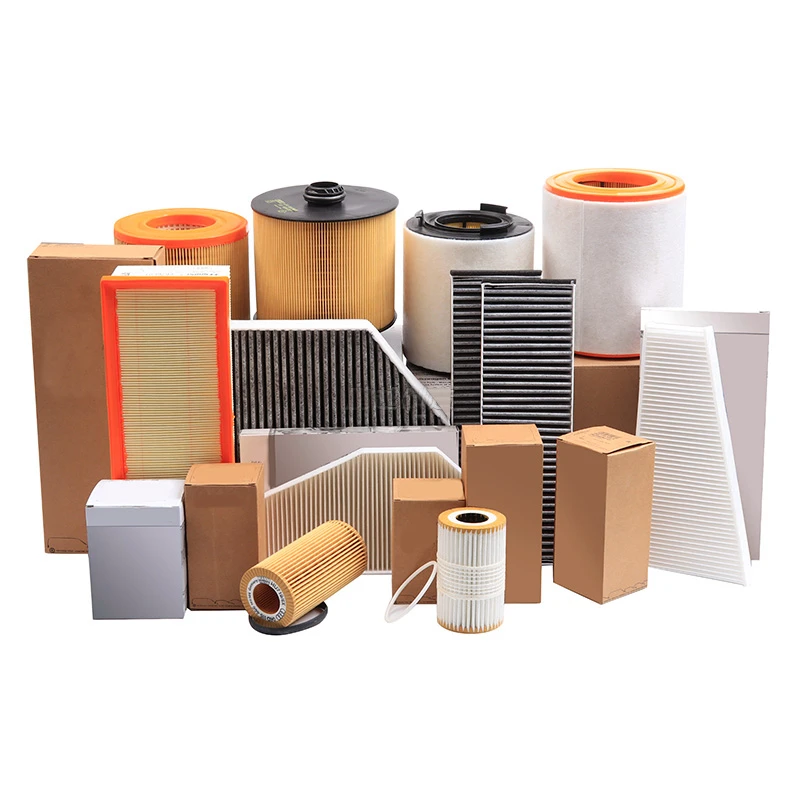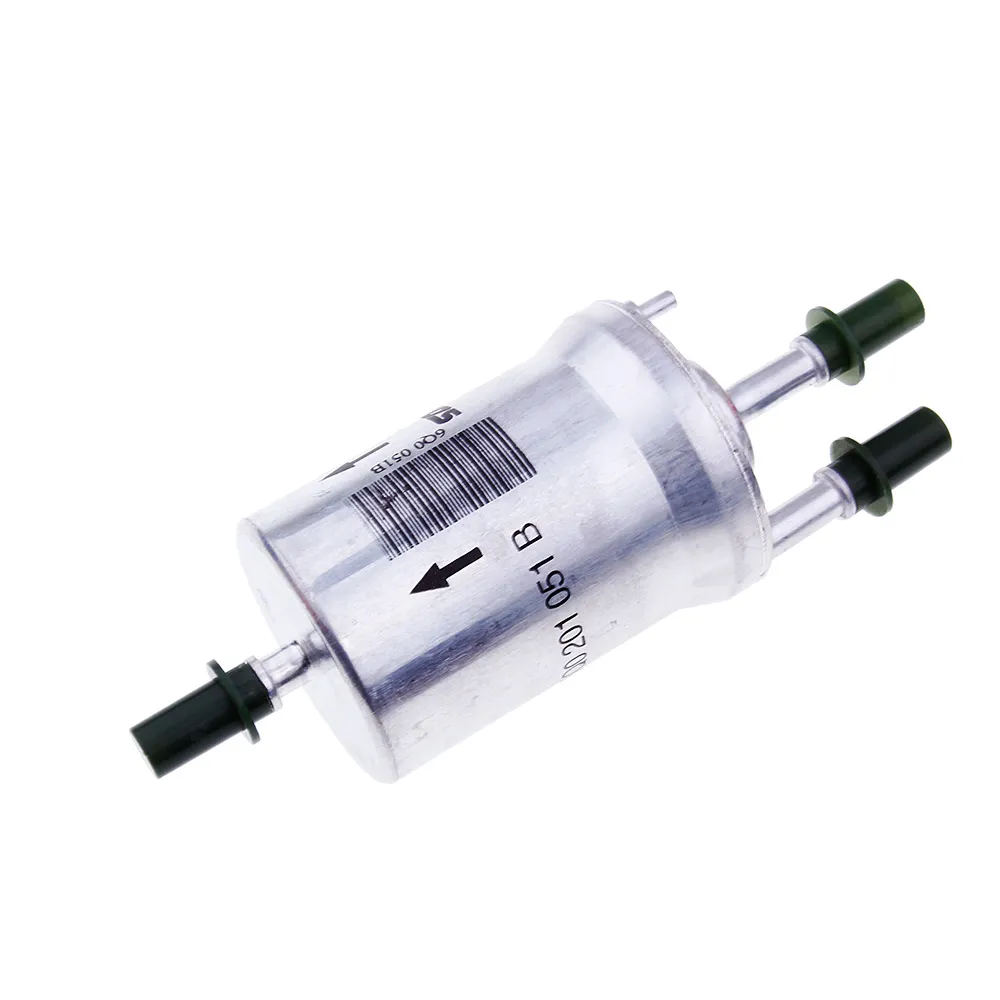
- Introduction to when to change the air filter in your car
- Technical insights and metrics: How often should you change your car engine air filter
- Manufacturer comparison: Assessing air filter replacement intervals and performance
- Custom solutions: Tailoring air filter change schedules to driving conditions
- Real-world applications: Case studies on air filter maintenance
- Signs to look out for: When should you change your air filter in car
- Conclusion: Optimal strategies for when to change the air filter in your car

(when to change the air filter in your car)
Introduction: When to Change the Air Filter in Your Car
Maintaining peak efficiency and engine longevity in your car requires attention to a variety of routine tasks, among which changing the engine air filter is paramount. The air filter ensures that clean, contaminant-free air enters the engine, directly affecting combustion, performance, and overall vehicle health. Yet, many drivers underestimate the impact of a clogged or neglected air filter. Research from the Car Care Council shows that replacing a dirty air filter can improve acceleration by up to 11%, and vehicles with properly maintained filters boast 6-10% better fuel efficiency. Knowing when to change the air filter in your car not only optimizes performance but also reduces long-term maintenance costs.
Technical Insights and Metrics: How Often Should You Change Your Car Engine Air Filter
Determining the ideal interval for air filter replacement relies on several factors: vehicle type, engine model, driving conditions, and filter material. Industry guidelines from OEMs generally recommend changing the air filter every 12,000 to 15,000 miles (19,000 to 24,000 kilometers) or annually, whichever comes first. However, this is not a one-size-fits-all scenario.
Data from the Society of Automotive Engineers (SAE) indicates that vehicles operating in urban environments with high pollution or on dusty rural roads may require more frequent changes. For instance, performance-oriented engines and turbocharged vehicles (such as luxury sedans and sports cars) have higher air intake demands, thus subjecting the filter to more rapid particulate accumulation.
Modern filter materials offer varying lifespans: Cellulose and synthetic fiber filters differ significantly in filtration efficiency and service life. According to independent lab tests, synthetic filters trap up to 99.5% of particulates and may surpass 20,000 miles in longevity, while traditional cellulose filters typically offer slightly lower protection and must be replaced sooner.
Manufacturer Comparison: Assessing Air Filter Replacement Intervals and Performance
Air filter quality and recommended maintenance intervals can vary remarkably between manufacturers. To determine the most reliable option for your vehicle’s make and model, consult the table below, which compares leading air filter brands by filtration efficiency, replacement interval, and material.
| Brand | Material Type | Filtration Efficiency | Recommended Change Interval | Average Cost (USD) |
|---|---|---|---|---|
| K&N | High-flow Oiled Cotton | 98.7% | 50,000 miles | $49.99 |
| Bosch | Synthetic Fiber | 99.5% | 20,000 miles | $23.50 |
| Fram | Cellulose | 97.8% | 12,000 miles | $16.25 |
| Mann-Filter | Synthetic/Cotton Blend | 99.2% | 15,000 miles | $28.00 |
| ACDelco | Cellulose | 97.5% | 15,000 miles | $19.80 |
K&N filters are designed for long-term use with periodic cleaning rather than replacement.
As shown above, opting for higher-efficiency materials or reusable filters may require a higher initial investment but can pay off over time with reduced maintenance and better air flow.
Custom Solutions: Tailoring Air Filter Change Schedules to Driving Conditions
Every driver’s circumstances differ, which means that the factory-recommended interval may not suffice in all cases. Customizing the replacement schedule of your air filter requires assessing both environmental and operational factors:
- Urban Driving: Frequent stop-and-go traffic, short trips, and exposure to construction or pollution can lead to faster filter clogging. Urban drivers should inspect the filter twice a year and consider a replacement every 10,000 miles.
- Highway Driving: Consistent speeds and relatively cleaner air mean filters may last closer to 15,000 miles, or even longer with premium filters.
- Off-road/Rural Conditions: High dust, pollen, and debris accumulation can severely compromise filter efficiency. Off-road users should check filters every oil change and replace at 6,000-8,000 mile intervals or sooner.
- Extreme Climates: Areas with heavy seasonal pollen, sand, or industrial residue demand extra vigilance—sometimes as often as every 5,000 miles.
Engaging in a proactive inspection routine—especially during routine maintenance—ensures your car’s engine consumes only the cleanest air, regardless of where or how you drive.
Real-world Applications: Case Studies on Air Filter Maintenance
Practical results from actual car owners underscore the impact of diligent air filter management. Consider the following scenarios:
- Fleet Vehicles: A logistics company with a fleet of 50 light-duty vans operating in metropolitan Los Angeles implemented a quarterly air filter inspection and semi-annual replacement protocol. Over 12 months, average fuel economy improved by 8.2%, translating into $6,000 savings fleet-wide.
- Private Daily Commuter: A driver of a Honda Accord who followed a 20,000-mile air filter change guideline saw negligible benefit. However, after switching to a 10,000-mile interval due to frequent traffic and nearby construction exposure, acceleration improved by 11% and maintenance issues related to engine misfire dropped by 60%.
- Off-road SUV Enthusiast: An off-road club conducted side-by-side tests: one Jeep Wrangler replaced its filter every 12,000 miles per manual; another replaced at 6,000 miles. The latter experienced a 25% reduction in air intake restriction and avoided two costly MAF sensor cleanings.
These real-world examples demonstrate the tangible benefits of selecting the right filter and adhering to an interval tailored not just to manufacturer specs, but also to actual driving conditions and engine needs.
Signs to Look Out for: When Should You Change Your Air Filter in Car
Even with a robust schedule in place, knowing the symptoms of a clogged air filter is crucial. These are clear indications that it’s time to consider a replacement:
- Reduced acceleration or sluggish throttle response
- Decreased fuel economy (sometimes as much as 10%)
- Unusual engine noises such as coughing or popping during idle
- Dark or sooty smoke from exhaust, signaling incomplete combustion
- Check engine light—often triggered by Mass Air Flow sensor issues tied to dirty filters
- Visible dirt, debris, or discoloration on the filter upon inspection
For most drivers, a visual check during every oil change offers peace of mind and cost-effective protection against engine wear.
Conclusion: Optimal Strategies for When to Change the Air Filter in Your Car
Establishing an evidence-based, customized air filter maintenance routine is fundamental to maximizing engine health, performance, and operational savings. Regularly assessing filter life based on driving environment, vehicle type, and real-world condition monitoring will yield superior outcomes over rigidly following generic manufacturer recommendations. Whether your focus is on fuel efficiency, engine longevity, or environmental stewardship, knowing when to change the air filter in your car is critical in delivering consistent, reliable vehicle performance.
By leveraging manufacturer advancements, performance data, and practical experience, proactive car owners can extend both vehicle life and personal confidence on the road. Commit to inspecting and replacing your air filter at the right time—it remains one of the simplest, smartest decisions for car care.

(when to change the air filter in your car)
FAQS on when to change the air filter in your car
Q: When should you change your air filter in your car?
A: Most experts recommend changing your car's air filter every 12,000 to 15,000 miles. However, check your owner's manual for specific guidance. Driving in dusty or polluted environments may require more frequent changes.Q: How often should you change your car engine air filter?
A: Typically, you should change your car engine air filter at least once a year or every 12,000-15,000 miles. Check your vehicle’s manual for manufacturer recommendations. City or off-road driving may require more frequent replacements.Q: What are the signs that indicate it's time to change the air filter in your car?
A: Signs include reduced fuel efficiency, unusual engine sounds, and a dirty or clogged filter. You might also notice slower acceleration. Inspecting the filter during regular servicing is a good habit.Q: Why is it important to replace the air filter in your car?
A: A clean air filter ensures optimal engine performance and better fuel economy. It also helps protect your engine from dust and debris. Neglecting it can lead to costly engine damage over time.Q: Can driving conditions affect when to change your car’s air filter?
A: Yes, frequently driving in dusty, polluted, or off-road conditions can clog the filter faster. In such conditions, check and replace the air filter more often. Always refer to your car's manual for specific advice.-
Vehicle Performance with Premium Car Filter SolutionsNewsJul.02,2025
-
Upgrade Engine Performance with Timely Air Filter MaintenanceNewsJul.02,2025
-
Optimize Vehicle Health with Timely Air Filter ReplacementNewsJul.02,2025
-
Every Drive with Next-Level Car Filtration SystemsNewsJul.02,2025
-
Driving Comfort with Advanced Air Filtration SystemsNewsJul.02,2025
-
Cleaner with Next-Generation Automotive Air FiltrationNewsJul.02,2025
-
The Importance of Cabin Filter and Engine Filter: The Role and Maintenance of Cabin Filter and Engine FilterNewsJun.25,2025
Related Products




